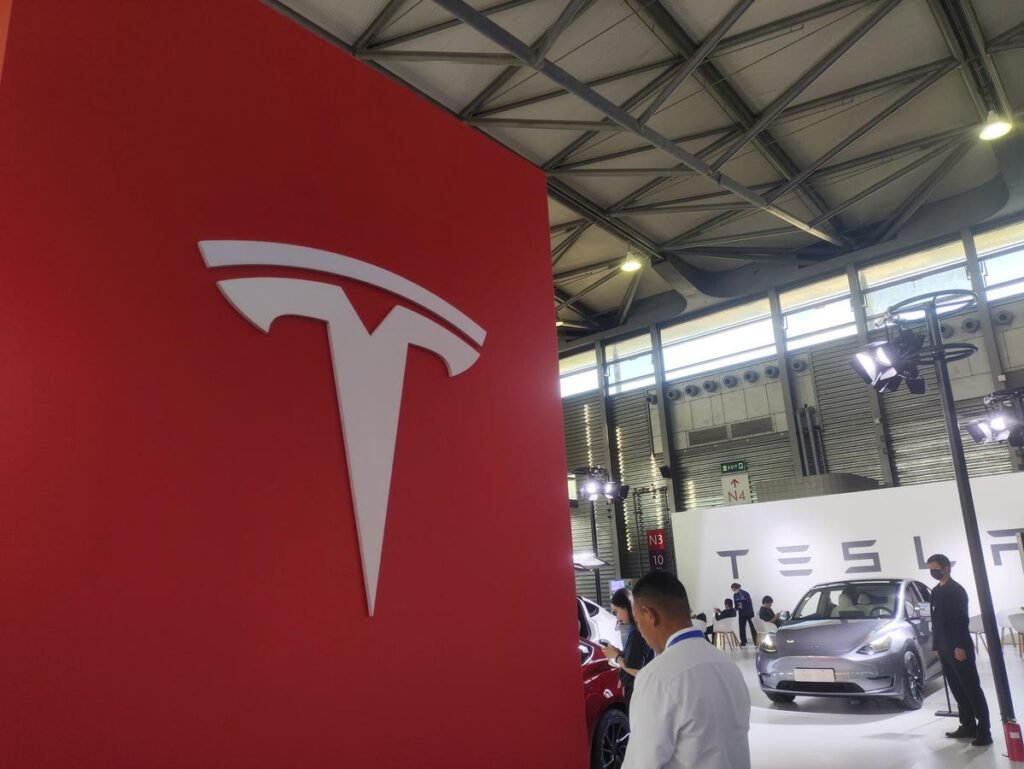Electric vehicle manufacturer Tesla has seen its stock decline by nearly 29% this year, significantly underperforming the broader S&P 500 index which has gained 14% over the same period. This decline comes as the broader EV market has slowed down, and Tesla is experiencing a noticeable cool-off in delivery volumes. Reports suggest that Tesla has a growing stockpile of unsold vehicles, with satellite images showing unsold Teslas accumulating in parking lots across various countries. The company’s global vehicle inventory has increased from 15 days of supply in Q1 2023 to 28 days in Q1 2024, indicating potential challenges ahead.
The higher unsold inventory poses a problem for Tesla, as it could indicate a downturn in the company’s performance with cash being tied up in stock. In response to the growing inventory, Tesla has implemented price cuts on its stock vehicles while charging more for customized models. The company’s free cash flow was negative $2.5 billion over Q1 2024 due to the inventory buildup, but Tesla expects things to normalize in the current quarter. Additionally, Tesla’s highly automated manufacturing process could help the company adjust its production as needed going forward. The company is also looking to increase sales of autonomous driving software and deploy artificial intelligence tools to boost its earnings growth in the long term.
While Tesla’s stock has faced a notable decline of 25% from early 2021 to around $175 currently, the decrease has not been consistent, with returns ranging from 50% to -65% in previous years. Comparatively, other companies benefitting from the AI trend, like Arista Networks, have seen their stock surge over the same period. Tesla is expected to remain a major player in the transition to cleaner transportation and energy generation, benefiting from its supply chain, battery technology, and lead in software and self-driving technology. However, the company may face pressure on deliveries and earnings this year, falling below its multi-year target of 50% annual revenue growth.
Several factors are contributing to the dampened demand for Tesla vehicles, including high interest rates, lack of charging infrastructure, declining resale values for EVs, and saturation in the market of early adopters. Aggressive price cuts and intensifying competition, particularly in markets like China, are also impacting Tesla’s pricing power and average selling prices. As a result, the average price of Tesla vehicles dropped to under $45,000 in Q1 2024, down from about $47,000 in the same period last year. Analysts value Tesla stock at $177 per share, aligned with the current market price, with more details available on Tesla’s valuation and business model revenue trends.

